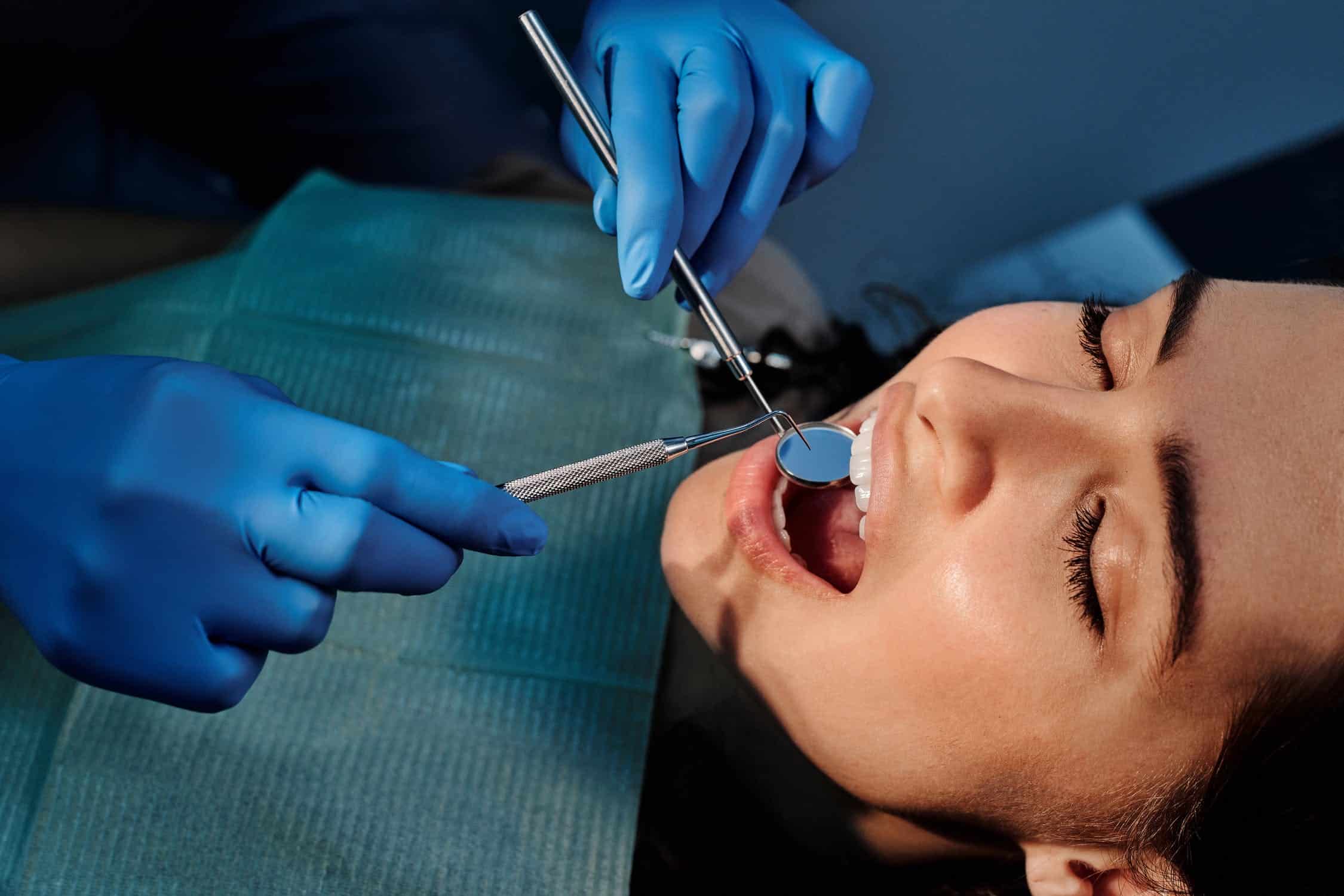Why is oral hygiene so important? Many people don’t realize the importance of taking care of their mouth, but the truth is that your oral health can have a big impact on your overall health.

Poor oral hygiene can lead to a variety of problems, including gum disease, tooth decay, and bad breath.
Poor oral hygiene can lead to several problems such as plaque and tartar.
What is plaque?
Plaque is a sticky film that forms when these bacteria mix with proteins and food byproducts. If plaque is not removed regularly, it can damage tooth enamel and lead to cavities. However, with proper oral care at home and regular professional cleanings, you can prevent permanent tooth decay and gum disease.
What is tartar?
Tartar is a hard, calcified substance that forms on your teeth when plaque isn’t removed. Plaque is a sticky film of food debris, bacteria, and saliva. If you don’t remove plaque through brushing and flossing, it will turn into tartar.
Tartar can cause a number of problems. It can make it hard to brush and floss properly, which can lead to more plaque buildup and eventually tooth decay or gum disease. Tartar can also cause bad breath.
Tartar, more commonly known as calculus, is a type of buildup that can form both above and below the gum line. This substance is often rough and porous, and can eventually lead to receding gums and gum disease if not removed.
Typically, special tools are required in order to remove tartar from the teeth, which is why this process is usually done in a dentist’s office. So, if you notice a hard substance forming on your teeth, consult a dentist near you immediately for its removal.
How you can avoid plaque and tartar?
Below are 6 tips to avoid plaque and tartar to form in your mouth.
Brushing
It is important to brush your teeth regularly and effectively in order to maintain good oral health. Brushing twice a day for two minutes each time is ideal.
A 30-second scrub will not be enough to remove plaque or prevent tartar build-up. Use a toothbrush with soft bristles that can fit easily into your mouth. Be sure to reach all surfaces, including the back teeth and molars.
Tartar-control toothpaste
To keep your smile shining bright, be sure to choose a tartar-control toothpaste with fluoride. Fluoride helps to repair enamel damage, while some products also contain triclosan, which fights the bacteria that cause plaque build-up. Consult your dentist to know more about a tartar-control toothpaste.
Flossing
If you want to keep your teeth healthy and plaque-free, you need to be diligent about flossing. No matter how good you are with a toothbrush, only flossing can remove the buildup between your teeth and keep tartar at bay.
Use mouthwash
To keep your mouth clean and healthy, follow these simple tips: Rinse your mouth with water after every meal. Use an antiseptic mouthwash daily to help kill bacteria that cause plaque. And brush your teeth at least twice a day.
Diet control
You are what you eat, so make sure to watch your diet! The bacteria in your mouth thrive on sugary and starchy foods, and when they’re exposed to these types of foods, they release harmful acids.
Eating a healthy diet and limiting the number of sugary foods you consume can help reduce the number of harmful bacteria in your mouth. Brush your teeth and drink plenty of water during and after meals to help wash away any lingering bacteria.
Avoid smoking
Smoking is dangerous to your health for many reasons, one of them being an increased risk of developing tartar. Studies have shown that people who smoke cigarettes or use other tobacco products are more likely to suffer from this problem.
So if you want to protect your teeth and gums, quitting smoking is a good place to start.

